The world's tropical rainforests are among the most vital and complex ecosystems on Earth. These lush, green expanses, found near the equator, are home to an astonishing array of flora and fauna, many of which are found nowhere else on the planet. Covering just 6% of the Earth's surface, they harbor more than half of all known plant and animal species. The Amazon, Congo Basin, and Southeast Asian rainforests are the most prominent, each with unique characteristics and biodiversity.
The Amazon Rainforest, often referred to as the "lungs of the Earth," plays a critical role in regulating the global climate. Spanning nine countries, with the majority in Brazil, it absorbs vast amounts of carbon dioxide and releases oxygen, making it indispensable in the fight against climate change. The Amazon is also home to indigenous communities whose cultures and livelihoods are deeply intertwined with the forest. However, deforestation for agriculture, logging, and mining poses a severe threat to this fragile ecosystem.
In Africa, the Congo Basin stands as the second-largest tropical rainforest. This dense, humid jungle is a sanctuary for endangered species like forest elephants, gorillas, and okapis. The Congo River, the second-longest in Africa, weaves through the forest, sustaining both wildlife and human populations. Unlike the Amazon, the Congo Basin has seen slower rates of deforestation, but illegal logging and poaching remain pressing concerns. The forest's peatlands, which store massive amounts of carbon, are particularly vulnerable to exploitation.
Southeast Asia's rainforests, though smaller in size, are equally significant. Countries like Indonesia and Malaysia are known for their vast expanses of tropical forest, rich in biodiversity. These regions are famous for their orangutans, tigers, and countless bird species. However, palm oil plantations have led to widespread deforestation, displacing wildlife and disrupting ecosystems. The loss of these forests not only threatens species but also contributes to global carbon emissions, as the peat soils release stored carbon when drained and burned.
Rainforests are not just about trees and animals; they are intricate systems where every organism plays a role. From the towering canopy that shelters countless species to the forest floor teeming with decomposers, each layer supports life in different ways. Epiphytes, or air plants, grow on trees without harming them, while insects like bees and butterflies pollinate flowers, ensuring the continuation of plant species. The interdependence of these organisms makes rainforests incredibly resilient yet highly sensitive to disturbances.
One of the most pressing issues facing tropical rainforests is deforestation. Every year, millions of hectares are lost to agriculture, logging, and urban expansion. The consequences are dire: habitat destruction, species extinction, and increased greenhouse gas emissions. Indigenous communities, who have lived sustainably in these forests for centuries, are often displaced, losing their homes and cultural heritage. Efforts to combat deforestation include sustainable farming practices, reforestation projects, and stronger environmental policies, but progress is slow.
Climate change further exacerbates the challenges rainforests face. Rising temperatures and altered rainfall patterns can disrupt the delicate balance of these ecosystems. Prolonged droughts make forests more susceptible to fires, while heavier rains can lead to soil erosion and landslides. Some scientists warn that if deforestation and climate change continue unchecked, large portions of the Amazon could transition into a savanna-like landscape, with devastating consequences for biodiversity and the global climate.
Despite the challenges, there is hope. Conservation organizations, governments, and local communities are working together to protect these vital ecosystems. Initiatives like REDD+ (Reducing Emissions from Deforestation and Forest Degradation) provide financial incentives for countries to preserve their forests. Ecotourism is also gaining traction, offering a sustainable way to generate income while raising awareness about the importance of rainforests. Technological advancements, such as satellite monitoring, help track deforestation in real-time, enabling quicker responses to illegal activities.
The fate of tropical rainforests is inextricably linked to our own. Their preservation is not just an environmental issue but a moral and economic one as well. By protecting these forests, we safeguard countless species, mitigate climate change, and support the livelihoods of millions of people. The choices we make today will determine whether future generations inherit a world rich in biodiversity or one impoverished by its loss. The time to act is now, before it's too late.

By John Smith/Apr 28, 2025
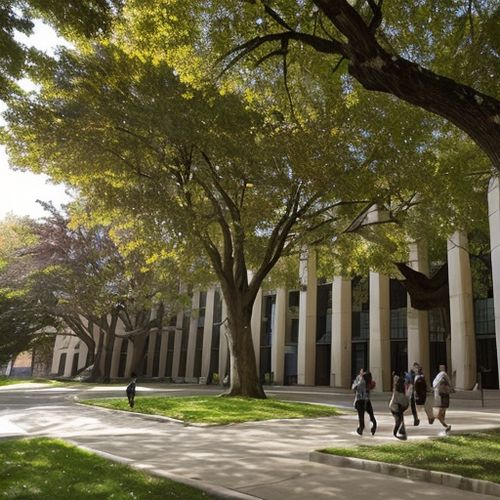
By Christopher Harris/Apr 28, 2025

By Sophia Lewis/Apr 28, 2025

By Amanda Phillips/Apr 28, 2025

By George Bailey/Apr 28, 2025

By Christopher Harris/Apr 28, 2025

By Thomas Roberts/Apr 28, 2025

By James Moore/Apr 28, 2025

By Eric Ward/Apr 28, 2025

By Thomas Roberts/Apr 28, 2025

By Sophia Lewis/Apr 28, 2025
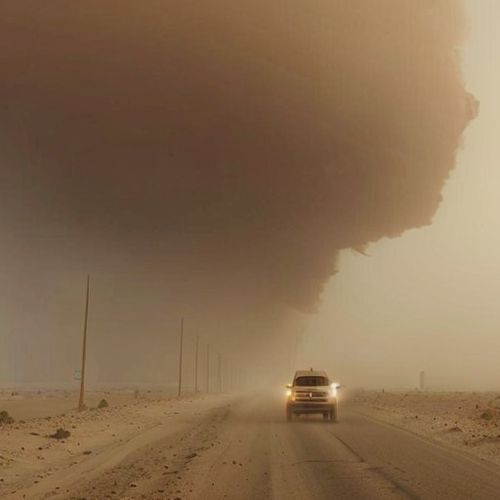
By Joshua Howard/Apr 28, 2025
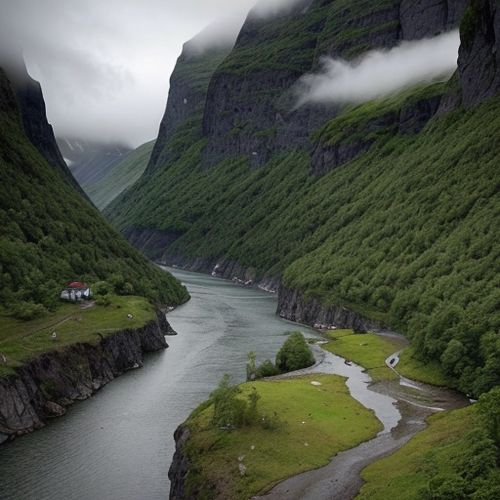
By Jessica Lee/Apr 28, 2025

By Christopher Harris/Apr 28, 2025
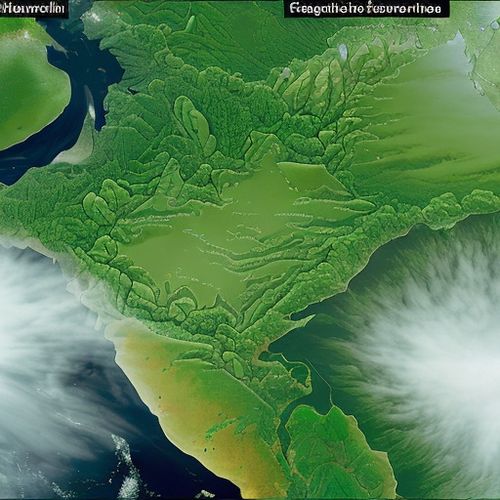
By Elizabeth Taylor/Apr 28, 2025
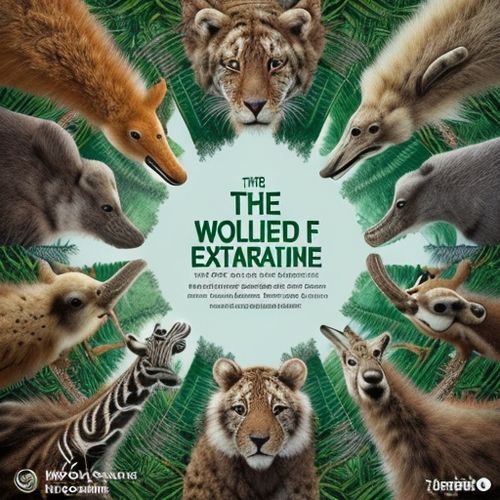
By Rebecca Stewart/Apr 28, 2025
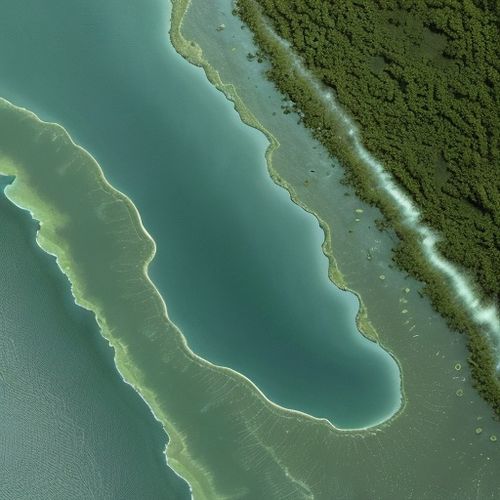
By Amanda Phillips/Apr 28, 2025

By Michael Brown/Apr 28, 2025

By James Moore/Apr 28, 2025
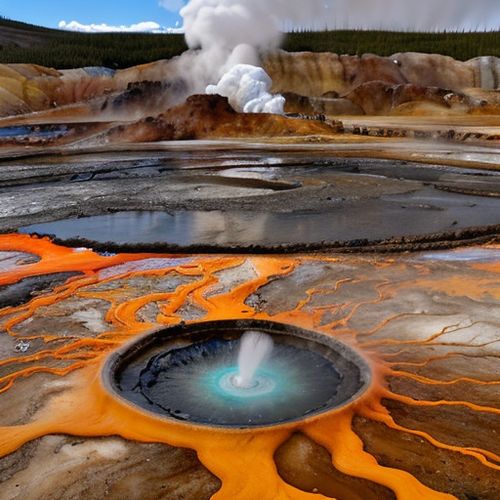
By Sophia Lewis/Apr 28, 2025